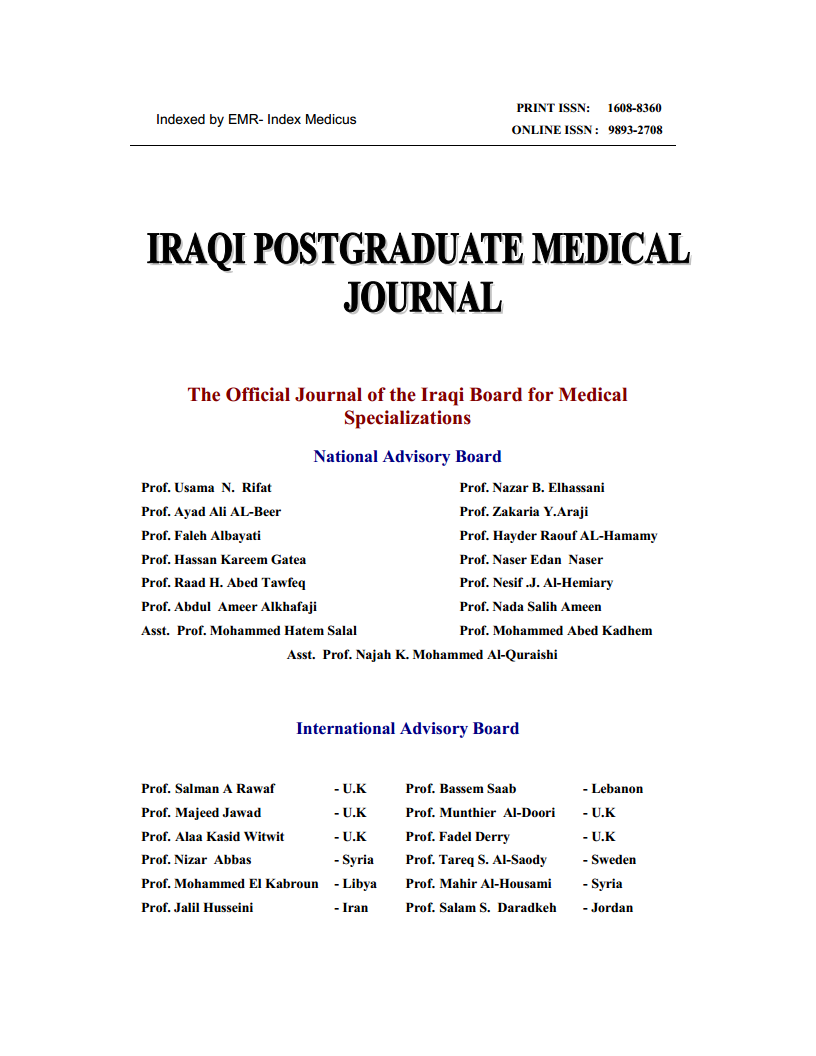Abstract
Medical education is more than just providing up-to-the-minute medical knowledge and clinical practice. It is an art that involves designing a teaching program that serves the needs of the healthcare sector and community in the near future (1). Iraq is a country that has been facing numerous challenges in the healthcare sector, particularly in medical education. Proper medical education could be one of the contributing factors to improving health care in this country (2).
A combination of governmental and private universities facilitates the provision of medical education in Iraq. While both types of institutions serve an important role, public universities are more prevalent and may be found in practically every province across the country. In recent years, the number of medical schools in Iraq has increased significantly, with a total of 24 medical schools now available to aspiring healthcare professionals (3).
A combination of governmental and private universities facilitates the provision of medical education in Iraq. While both types of institutions serve an important role, public universities are more prevalent and may be found in practically every province across the country. In recent years, the number of medical schools in Iraq has increased significantly, with a total of 24 medical schools now available to aspiring healthcare professionals (3).
